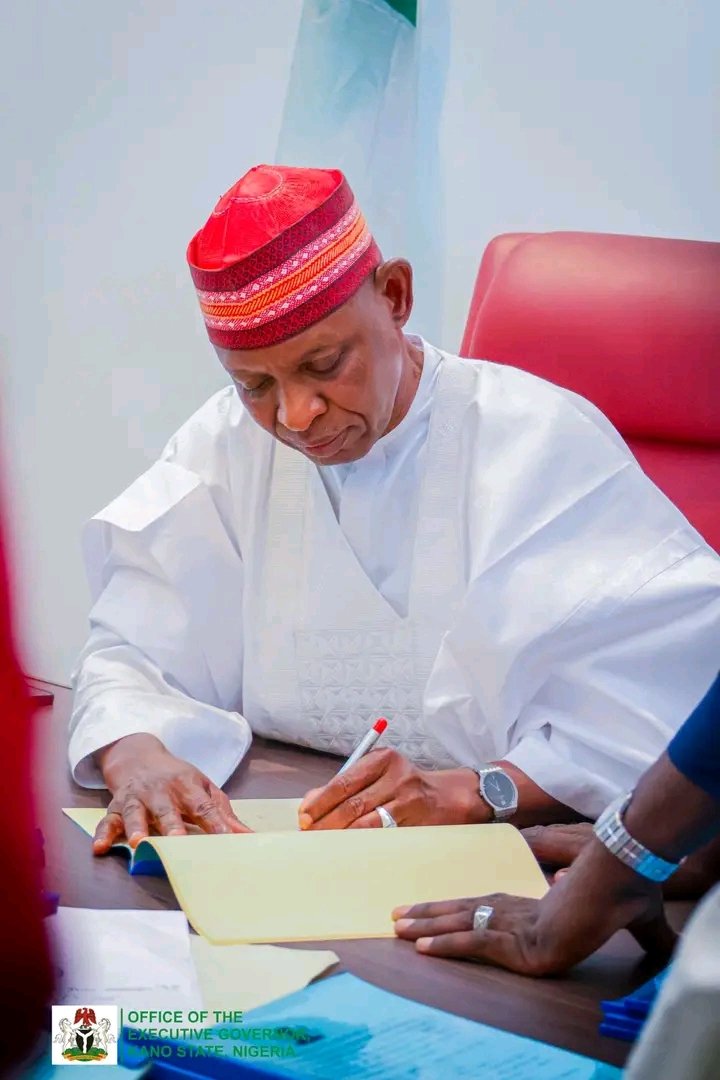The World Health Organization (WHO) has raised concerns over potential funding cuts threatening Nigeria’s progress in tuberculosis (TB) eradication, warning that disruptions could have fatal consequences for thousands of affected individuals.
Speaking at the 2025 World TB Day commemoration in Sauka community, Abuja, WHO Regional Director for the Eastern Mediterranean, Dr. Hanan Balkhy, emphasized the need for sustained investments to prevent setbacks in TB services. “Today, we face an existential threat of losing the huge gains made against TB over the past 20 years due to funding cuts,” she stated.
Themed “Yes! We Can End TB: Commit, Invest, Deliver,” this year’s World TB Day underscored the urgency of renewed commitments to fight the disease. The event was attended by key stakeholders, government officials, and health partners, including Nigeria’s First Lady and Global and National Stop TB Champion, Senator Oluremi Tinubu, along with representatives from the health sector, legislature, civil society organizations, and religious groups.
Over the past five years, Nigeria has significantly improved its TB detection and treatment rates, with notified cases rising from 138,583 in 2020 to 418,198 in 2024—an over 300% increase. However, experts stress that continued progress requires strong collaboration with civil society and affected communities to ensure equitable access to care.
Reaffirming WHO’s commitment to Nigeria’s TB response, Director-General Dr. Tedros Adhanom Ghebreyesus pledged to work with donors, partners, and affected countries to mitigate the impact of funding shortages. “WHO is committed to working with all stakeholders to find innovative solutions,” he said.
At the community level, health leaders urged residents to embrace preventive measures, particularly childhood vaccinations. A WHO official highlighted the importance of the Bacillus Calmette–Guérin (BCG) vaccine, administered at birth to protect against severe TB in children. Additionally, the Government of Nigeria (GoN), in partnership with WHO and the National Primary Health Care Development Agency (NPHCDA), announced the rollout of a malaria vaccine for children aged 5 to 15 months, addressing another major public health challenge.
Civil society organizations and WHO representatives reiterated their commitment to mobilizing resources for TB eradication in Nigeria while amplifying the voices of affected communities. They urged individuals with persistent coughs lasting two weeks or more to seek immediate testing at health facilities.
The event concluded with a broader call to action for donors, the private sector, academia, and the media to unite in the fight against TB. “TB is curable and treatable,” a WHO official stressed. “I have faith that ‘Yes! We can end TB.’ In our local parlance, ‘We fit do am.’”
Observed annually on March 24, World TB Day serves as a global platform to raise awareness of tuberculosis and its far-reaching health, social, and economic impacts.



